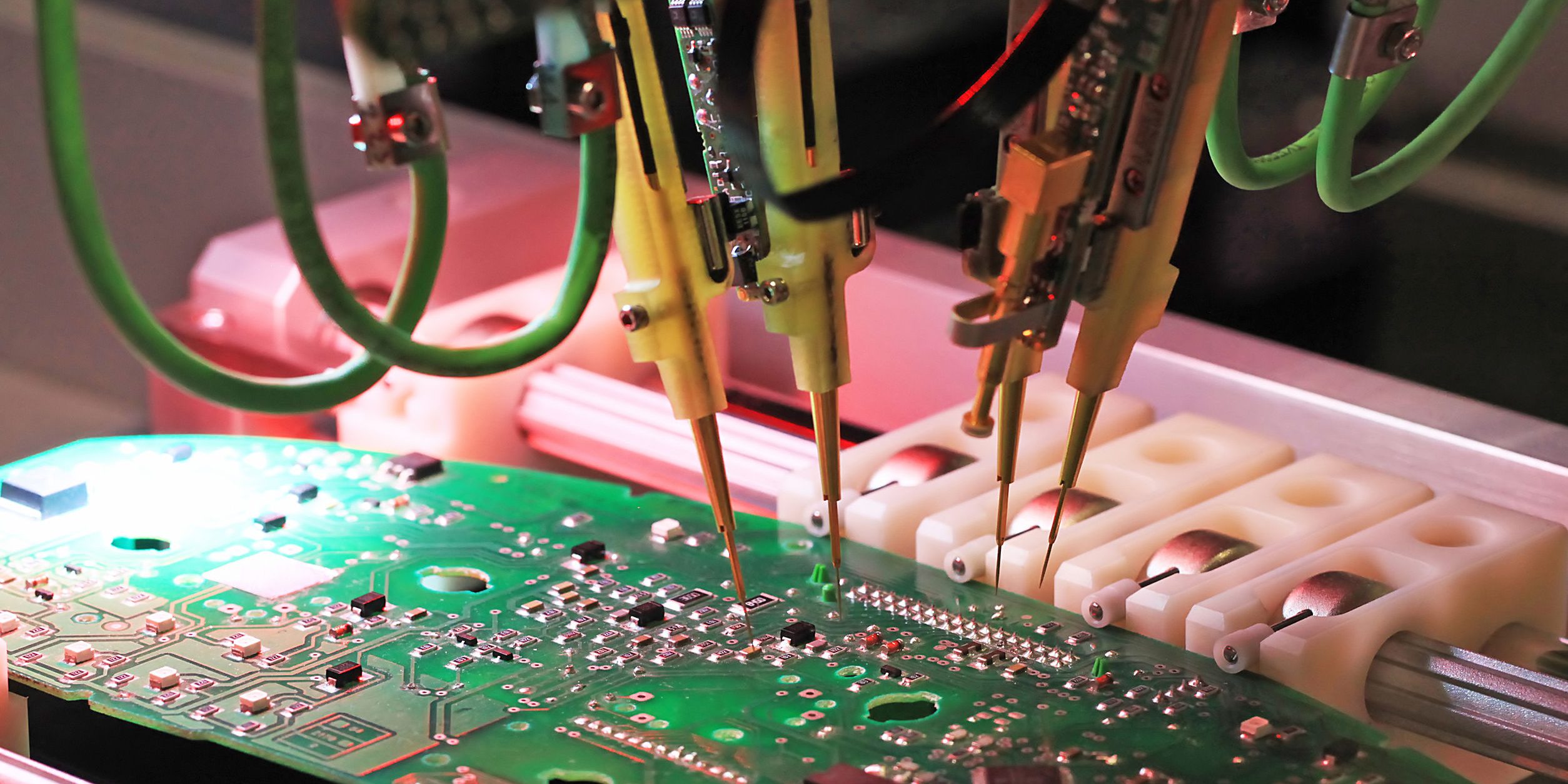The robust demand for electronic products in the United States suggests the economic significance of the electronic manufacturing industry. As the global marketplace is always changing, industry players are finding ways to keep up with new technologies and trends. Electronic manufacturing firms discover new techniques and innovate and ensure they stay ahead of the competition.
While its processes and outputs are indispensable in a wide range of product markets, the industry also faces a number of challenges that it is constantly seeking solutions for.
Here are three of the most pressing issues in the electronics manufacturing industry:
Environmental Impact
Due to the enormous amount of waste from electronic manufacturing processes, the industry is seen as a threat to the environment. The European Environmental Agency revealed that each year, about 40 million tons of electronic waste is disposed. These figures are growing because of the increasing demand for new electronic components and products.
Given the adverse effects of e-waste, certain regulations are required for manufacturing businesses to operate. Many states in the U.S. are legislating e-waste regulations and recycling initiatives.
Counterfeit Electronic Components
Fake electronic parts affect the overall quality of an electronic product. The Senate Armed Services Committee reported that in 2012, over a million counterfeit electronic components were sold or used, affecting authorized dealers and manufacturers alike.
Legitimate sellers lose money over the fake parts, and manufacturing businesses find it necessary to go the extra mile, such as taking counterfeit component courses, to ensure they are using original components sold by legitimate sellers.
Quality Control
As more and more manufacturing companies emerge, the marketplace becomes saturated, making it a challenge to keep the quality standards high both in the manufacturing and product delivery fronts. The industry acknowledges the need for strict and consistent control measures to ensure the quality of electronic products.
In the process of soldering, for example, first-rate solder quality is critical to the proper functionality of an electronic device. Therefore, soldering needs to be conducted in a manner that complies with specific standards. Enabling soldering specialists and workers to undergo comprehensive training and on site soldering assessment that adheres to the standards of IPC will result in improved competencies and better work output overall.
The electronics manufacturing industry is not without its share of problems. A way to manage the issues is to ensure that all processing standards are met and outputs are consistently evaluated.
For on site IPC assessment and training on soldering and other manufacturing processes, contact Blackfox today!






